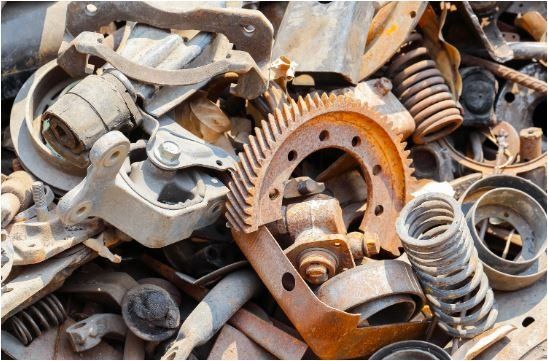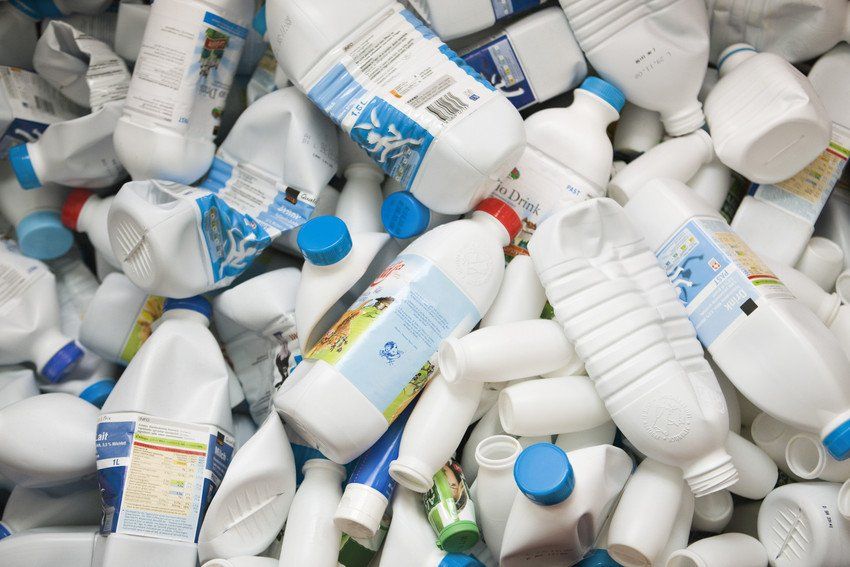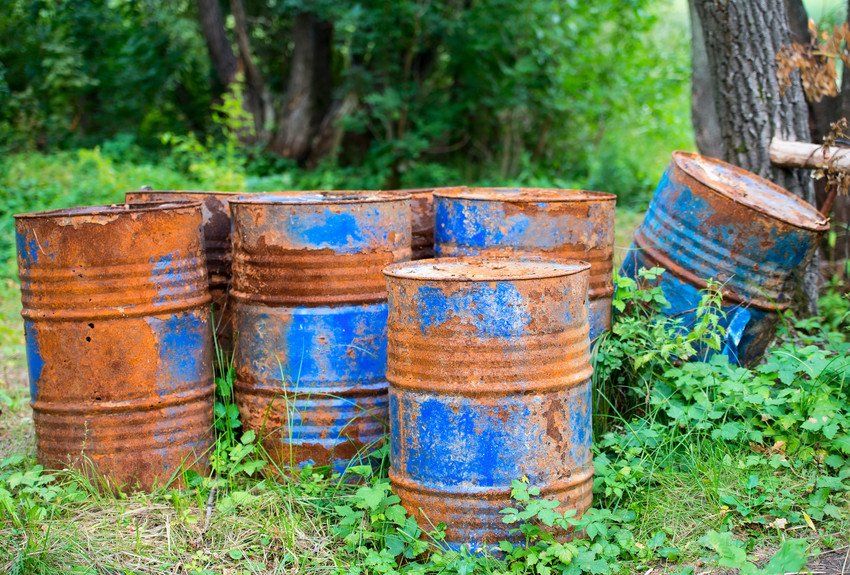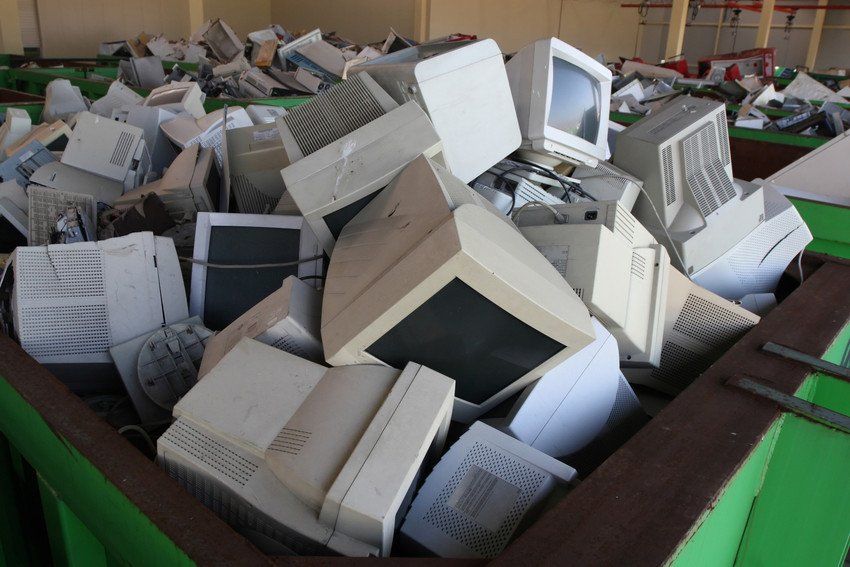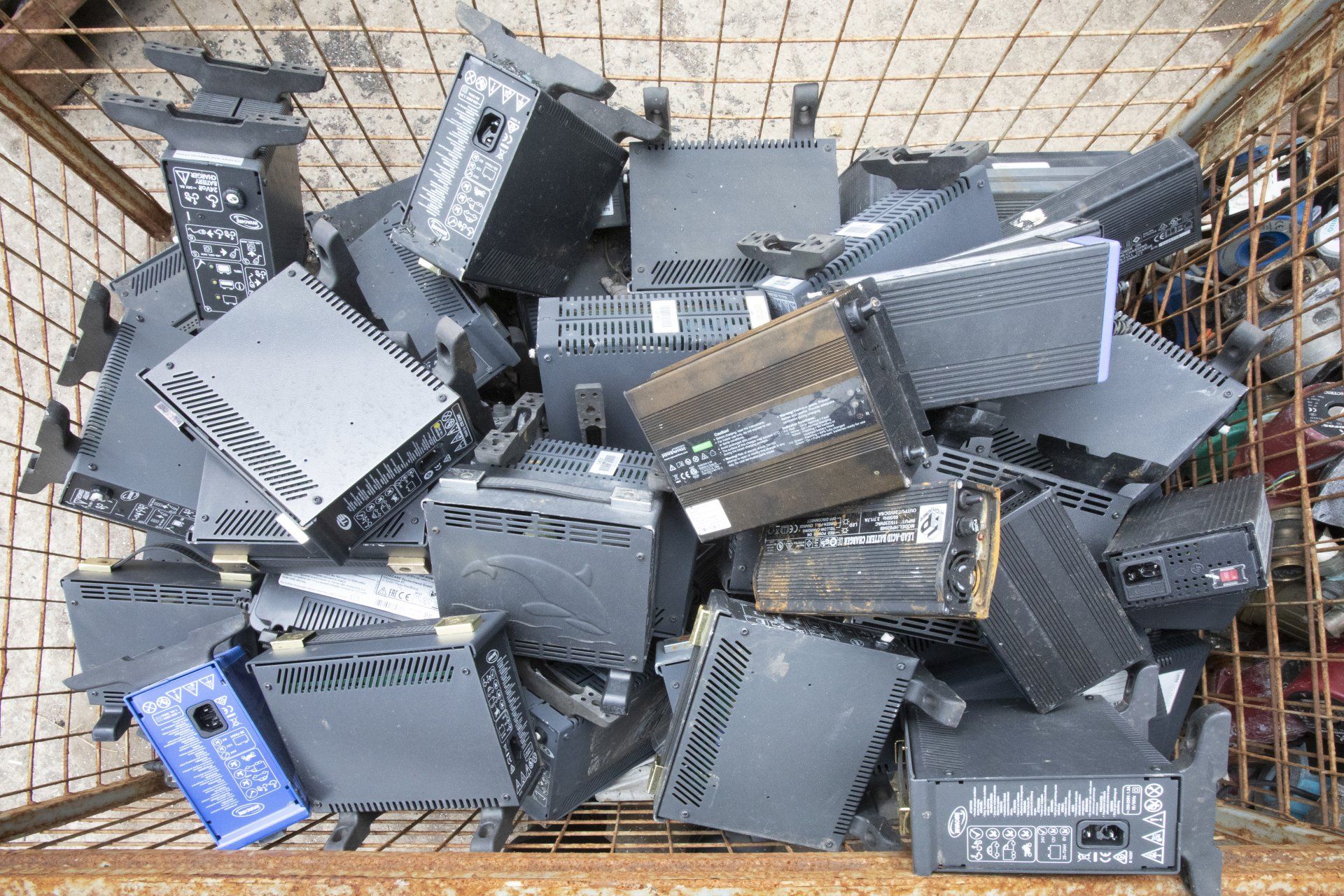Understanding Hazardous Construction Waste: A Brief Guide
In a demolition or building project there is always waste production, which needs to be managed carefully if toxic substances are involved. These substances must be disposed of properly and safely, to prevent harm being caused to both humans and the environment. A range of substances can be considered hazardous, which necessitates professional care and consideration when it comes to handling. Read on for an overview of common hazardous materials that are often found in construction projects.
Categories Of Hazardous Waste
Hazardous waste can be categorised in a number of different ways, depending on the harm it has the potential to cause. There are substances that can harm human health, whether because they are flammable, corrosive or likely to release toxic fumes and fibres. Other substances are less dangerous for humans, but are considered ecotoxic, because they can damage the environment and local biodiversity if they are not disposed of correctly.
Common Hazardous Waste Types
These materials can be found in a range of different building and renovation projects, where they pose varying risks to human health and the environment.
Asbestos
Asbestos containing materials release fibres that harm the human body if inhaled, resulting in various lung conditions and cancers. If a building site contains these materials, then an asbestos removal professional must be enlisted to ensure safe waste management practices are in place.
Electronics & Batteries
Electrical items may not be harmful when they are in working condition, but improper disposal can expose internal toxic components that must be handled separately from other waste. Magnets and electric currents are then used to separate the parts of the product for safer handling. Similarly, batteries contain potentially flammable chemical elements that cannot be incorporated into general waste disposal systems.
Chemicals
Various chemicals can be harmful to human health and the environment when used or uncovered through building work. This can include solid chemical substances such as dust and fumes, as well as liquid chemicals found in solvents, paints and adhesives. Gaseous chemicals also release harmful vapours that demand proper waste disposal.
Oil
Oil and diesel are highly flammable and can negatively impact biodiversity if there is a spill, where water pollution in particular can be extremely difficult to manage. In addition to this, improper handling can result in fires or explosions. As such, construction projects should ensure all oil products are stored and disposed of correctly.
Broughshire Waste Metals
At Broughshire Waste Metals, we offer a range of waste management services, which include the handling and disposal of hazardous construction materials. We can also provide scrap metal collection and electrical recycling, where we always prioritise safety and efficiency when handling hazardous waste.
Contact us today for more information about how we can help, where our friendly team is on hand to offer advice and safety guidance.
